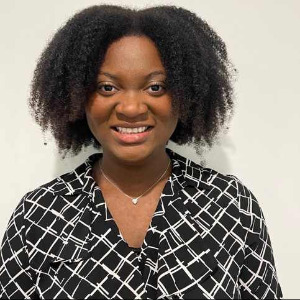Title : "Mirror mirror on the skin” — A low-cost community strategy to reduce melanoma disparities in Washington, D.C.
Abstract:
Melanoma remains a preventable yet deadly cancer whose outcomes are disproportionately worse among African Americans, particularly in Washington, D.C., where late-stage diagnoses and higher mortality are concentrated in underserved Wards 7 and 8. Despite lower overall incidence, African Americans are 20% less likely to survive five years post-diagnosis due to delayed detection, limited dermatologic access, and low public awareness of melanoma risk in darker skin tones. Traditional prevention efforts, such as sunscreen campaigns, often exclude imagery and education relevant to communities of color, perpetuating misconceptions that darker skin is immune to skin cancer. This project introduces “Mirror Mirror on the Skin,” a culturally responsive, low-cost intervention promoting self-examinations using handheld mirrors. Acral lentiginous melanoma, the subtype most common in African American populations, often develops on non–sun-exposed areas such as the palms, soles, and nail beds, which can be best visualized with mirrors. By encouraging individuals to regularly inspect these areas, the intervention empowers early detection and fosters health literacy at the community level. Mirrors, priced at roughly $4 per unit, are easily distributable at schools, churches, health fairs, and community centers, especially when paired with education on the ABCDE warning signs of melanoma. Ultimately, “Mirror Mirror on the Skin” demonstrates that a simple mirror can serve as a powerful tool for self-advocacy, early detection, and health equity—turning reflection into prevention for D.C.’s underserved populations.



